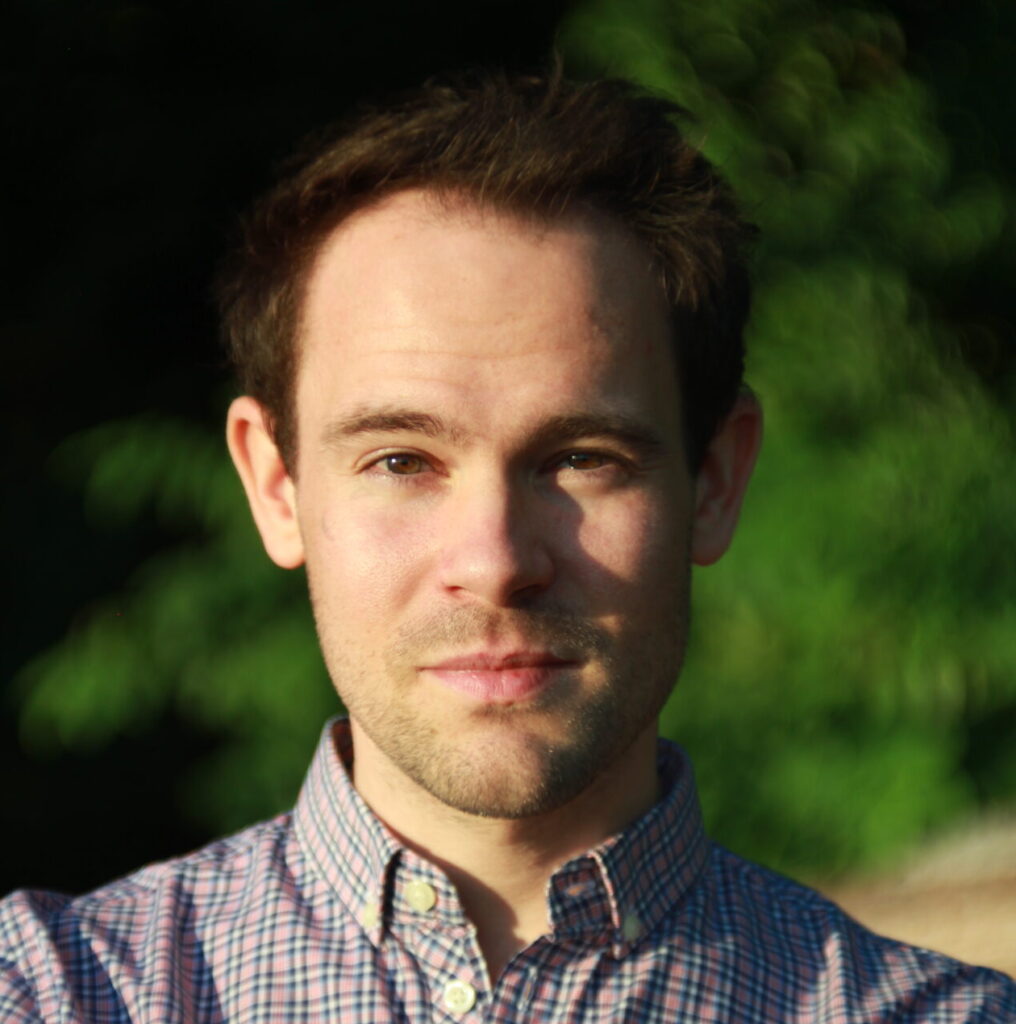
Philip Sinner visits the University of Luxembourg
20. June 2024
ZeMKI member Dr Philip Sinner was invited by Prof Dr Robin Samuel, Dr Anette Schumacher, Dr Hannes Käckmeister, Simone Charles (Digital Documentation and Research Centre (DDRC)) and the Gouvernement du Grand-Duché de Luxembourg | Ministère de l’Éducation nationale, de l’Enfance et de la Jeunesse (MENJE) to the University of Luxembourg | Campus Belval, Esch-sur-Alzette.
As part of the project Youth Report 2025 | National Report on the Situation of Youth in Luxembourg: Digitalisation, Philip Sinner gave two presentations. The first, entitled “15 Years Longitudinal Study of the Mediatisation of Socialization How do the children from back then live today as young adults?”, provided insights into the results, the theoretical framework and the methodological implementation of the long-term study. One focus was on aspects of digitalisation and the embedding of digital media in everyday life and media practices as well as on methodological questions and challenges in research with adolescents and young adults. The long-term study was launched in 2004 by Prof Dr Ingrid Paus-Hasebrink at the University of Salzburg and was led by her until its completion in 2021. Philip Sinner was involved in the study as a research associate from 2012 and is co-author of the two volumes Social Inequality, Childhood and the Media. A Longitudinal Study of the Mediatization of Socialisation (2019, Palgrave Macmillan) and 15 Jahre Panelstudie zur (Medien-)Sozialisation. Wie leben die Kinder von damals heute als junge Erwachsene? (2021, Nomos). In the second lecture, Philip Sinner presented the research software MeTag, MeSort and OpenQDA developed at ZeMKI and discussed possible areas of application and the added empirical value in child and youth research. MeTag and MeSort have been developed by Prof Dr Andreas Hepp, Florian Hohmann and Alessandro Belli since 2018 and are funded by the DFG. The use of digital diaries, sorting methods and network maps in particular offers a wide range of opportunities to understand media use and peer group structures in the everyday worlds of adolescents and young adults. On 14 June 2024, OpenQDA, another ZeMKI research software developed by the team of Prof Dr Andreas Hepp, Prof Dr Karsten D. Wolf, Alessandro Belli, Florian Hohmann, Jan Küster, Gino Krüger and Dr Philip Sinner, was released. OpenQDA enables collaborative work processes in qualitative data analysis, the exchange of project data, automated transcription with aTrain and much more.
How and why is a youth report produced?
The preparation of the youth report is derived from Article 15 (1) of the Youth Act of 4 July 2008, which states that every five years, the relevant minister shall address a national report on the situation of young people in Luxembourg to the Chamber of Deputies. To ensure that the youth reports are based on scientific findings, the Ministry of Childhood and Youth (MENJE) commissions researchers from the University of Luxembourg to compile them. After several years of research, the researchers submit the report to the Ministry. In this way, the youth report identifies problems and suggests new approaches for action. The youth report is thus a basis for information and discussion for politics, specialised practice and science. It offers a systematic processing of the available knowledge about the life situation of young people in Luxembourg.

